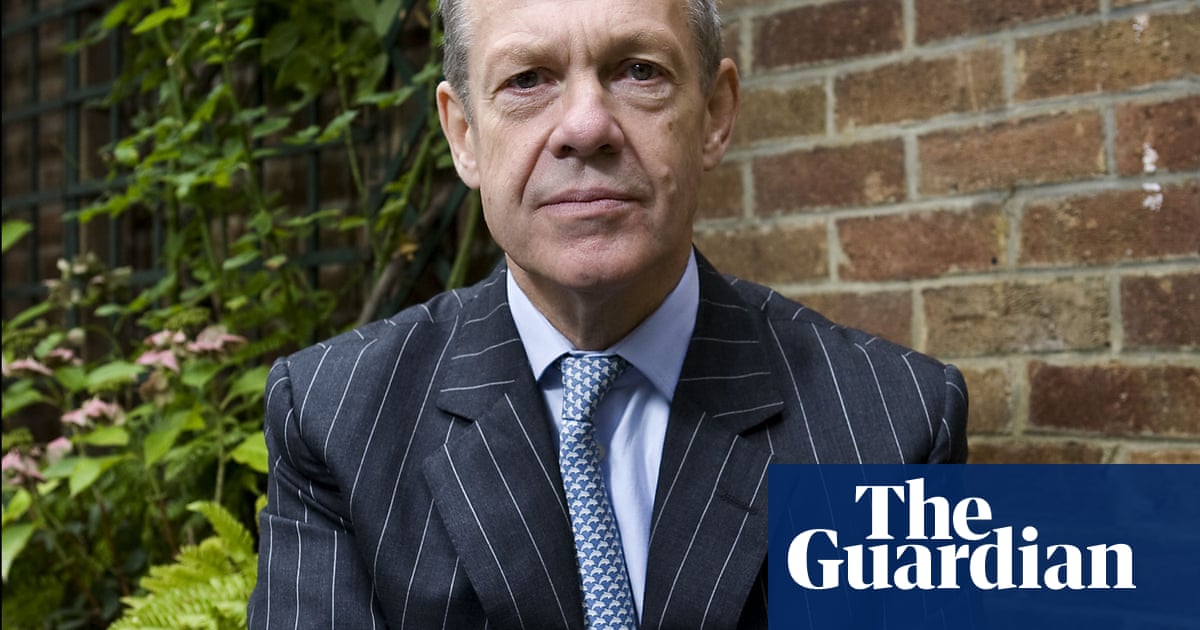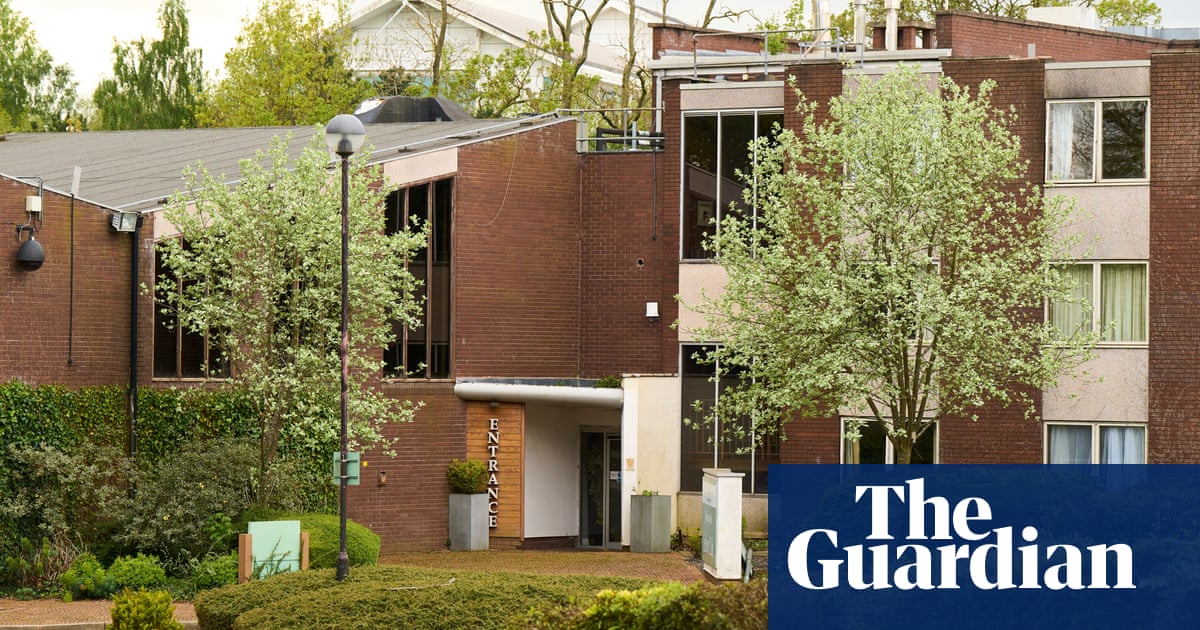His new poems celebrate the extraordinary homes of the creatures tucked away, usually out of sight, within the verdant nooks and crannies of the Lost Gardens of Heligan.
But during a stroll with the Guardian around the sub-tropical garden on the south coast of Cornwall, the poet laureate, Simon Armitage, explained how the pieces could also be taken as a plea for humans to slow down, think about the damage we are causing to the natural world and, hopefully, do something about it.
“When I was first shown around, my first impulse was that I needed to write something about gardens and flowers,” he said. “But I was looking for another dimension, something a bit more secretive. It occurred to me that this location provides habitat for a lot of species of British wildlife and I think the unspoken theme is the fact that the animals I’m talking about are under stress.”
In Dwell, Armitage uses elements of riddle and folklore to focus on a series of dwellings: the “twig-and-leaf crow’s-nest squat” of a squirrel’s drey, a beaver lodge’s “spillikin stave church” and a hive’s “reactor core”.
Newts, swallows, bats and hares make an appearance and there is a poem about Heligan’s large “bug hotel” – said to be the biggest in the UK – written as if its inhabitants had left Tripadvisor-style reviews about it: “Would deffo recommend. Dreamland!”

Armitage said he was pleased with the title of the book. “There’s definitely an invitation in the title. As well as it being about habitat and dwellings, I’m asking people to dwell on ideas and to be contemplative and to think more deeply.
“You often hear that word in relation to being told not to dwell on something. ‘Don’t dwell on it – move on’. I wanted to invert that because I am asking people to dwell on ideas. Maybe that’s a response to this very fast-paced, short concentration span world that we’re living in, the age of social media where everything is just a quick glimpse of something and then you’re on to the next thing.
“I may be asking people to slow down because that pace of life is not helpful to nature, it’s burning it up. I think there’s, even within that word and its implications for a change of pace, there’s an environmental plea.”
The gardens date back to the mid-18th century but became swallowed by unchecked growth when many of its workers failed to return from the first world war. Over the last 30 years they have been carefully restored and Armitage was invited to visit and write a suite of poems about them.
Armitage said: “I thought there was something very naturally poetic about this place, not just the kind of environment, but the backstory and the idea of lostness.
“It’s exotic here, it’s otherworldly, and when you enter its space, you fall under its spell. I think you feel as if you’re in a very contained and discreet environment. It provides tunnels, there’s a jungle area down there; there are places where it’s quite manicured and cared for and there are other places which seem wild and a bit out of control.”
after newsletter promotion
Three installations – a slate boulder, a “jungle” pond and an oak wood tunnel – have appeared within the 80-hectare (200-acre) garden bearing lines from Dwell, the idea being that visitors will come across poetry stashed in the gardens. “It’s a space outside of normal time and the busy working world. You can park all that at the door and become lost here, in a good way.”
Armitage said he hoped that just as the animals had their dwellings, the poems would be “little dens and treehouses” for readers to inhabit. “Somebody once said about me as a writer that I had a child’s eye and I think they meant it as a criticism but I just took it as an enormous compliment,” he said.
“I’ve always felt with the writers that I like that they continue to ask questions, they continue to be spellbound, to engage in wonder rather than becoming wise and knowledgable.”

 7 hours ago
4
7 hours ago
4













































